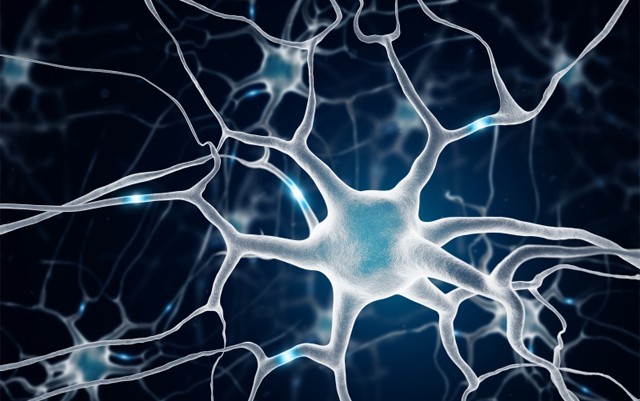Have you ever wondered what gives you the munchies while consuming cannabis? I know I have. Thanks to science, we’re starting to get a better understanding of how to answer that question.
POMC Neurons, also known as Pro-opiomelanocortin, are peptides found in the brain. Peptides are small chain amino acids (tiny proteins) that our bodies produce to digest food and perform various other bodily functions. Each peptide forms dense vesicles in the brain that are released during a corresponding stimulation or activity. From there, melanocyte-stimulating hormones are produced from the neurons. These hormones play a key role in the human body’s regulation of appetite and sexual behavior. A typical human is most likely to experience a rise in these neurons when the body wants to tell you that you’re full.
POMC neurons could begin to explain why some people have increased appetites and higher sexual arousal when consuming cannabis. As of now, all we have to go off of are studies performed on rats. So far, the findings of the study seem to make sense.
The study was done in 2015 by a team of scientists and medical researchers, mostly from the Yale University School of Medicine. Two important contributions to the study even came from Germany and Australia. Researchers examined the POMC neurons in the brains of rats and found that POMC neurons will switch to the release of different, hunger-promoting chemicals when activated by the cannabinoids found in the cannabis plant. Basically, the cannabis seemed to have flipped on a switch in the rats’ brains that told them to eat more.
It’s important to note that while this study offers up hints for why cannabis can stimulate appetite, the inverse effect of cannabinoids switching the release of chemicals could be harmful for those trying to lose weight or avoid overeating. As with any medical treatment or testing of drugs, it’s not always going to be right for everyone. Objectivity and honesty are of the utmost importance if we are to continue to remove the harmful stigma that is sometimes still applied to cannabis consumption.
The researchers concluded that these findings need to be confirmed in the brains of humans and that the methodology is not necessarily reproducible when applied in different circumstances. It seems like it is time to try the study on humans. Any volunteers? Donate your brain to the further advancement of cannabis science and our understanding of the human brain!






